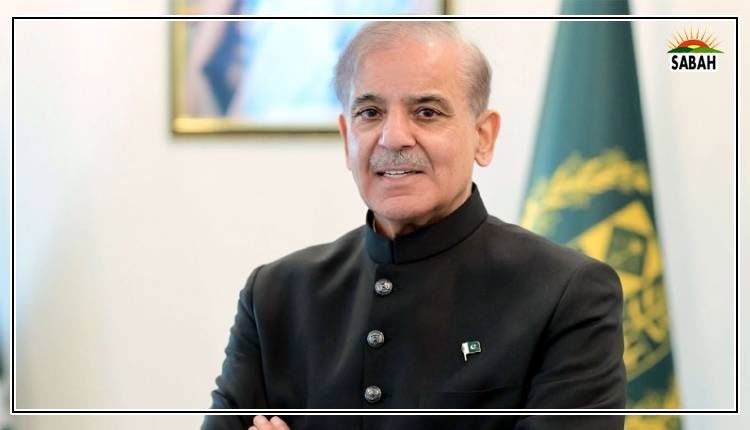Embracing bicycling in the capital city … Dr Mazhar Hayat
‘Embracing bicycling in the capital city’ extends beyond being a mere title — it’s an earnest call to reimagine Islamabad’s urban landscape in the face of rising environmental and daily commutation challenges.
Picture Constitution Avenue where the Parliament House and the Pakistan Secretariat resonate not with the hum of engines but with the rhythmic pedal strokes — a powerful symbol of leadership embracing sustainable living. A short bicycle ride from the Ministers’ Enclave and Parliament Lodges to the Parliament House could rewrite the narrative of Constitution Avenue.
Within a 10km radius, bureaucratic residences are scattered like islands, yet cars dominate the streets. Amid discussions, personal choices take centre stage. Only 2km away from Pakistan Secretariat and nearby offices, residents in G-6 and F-6 sectors persist in choosing cars for their daily commute to the office. Not limited to the public sector, businessmen and public at large share a similar inclination for excessive use of private cars in their daily routines.
The simplicity of bicycles challenges norms, setting a compelling example for a greener, healthier capital. This change is not just about transforming streets; it’s a cultural shift towards conscious and practical living. Shifting this preference involves not just better infrastructure but a profound mindset shift towards embracing simpler, healthier alternatives. Bicycling isn’t merely about commuting; it’s about weaving exercise seamlessly into daily routines. It’s about making choosing a bicycle a statement — a conscious choice that transcends traditional norms.
In South Asia, the car-bicycle choice carries social weight. Shifting societal perception involves dismantling stereotypes and fostering a narrative where bicycling is not a compromise but a positive and conscious choice. It’s a shift towards a society that values health, simplicity and sustainability.
Zooming out, we find inspiration in European countries where bicycling isn’t just a mode of transport; it’s a lifestyle. The difference isn’t just in infrastructure but in how society perceives bicycling — as a norm, unburdened by status symbols.
Zooming back into Pakistan, social status intertwines with personal perceptions. Overcoming this involves more than just bike lanes; it requires a cultural shift. Bicycling becomes a symbol of progress, not a compromise.
As we navigate the complexities, the call for change resonates louder. Bicycling isn’t just an alternative; it’s a necessity in the wake of climate change and the urgent need to reduce carbon emissions. It’s a transformation towards simplicity and sustainability.
Embracing bicycling is not just about addressing challenges. It’s also about realising the co-benefits — substituting standalone workouts with daily commutes. Bicycling becomes a holistic approach to personal well-being and healthy lifestyle.
The transformation of Islamabad’s streets isn’t isolated — it sets an inspiring example for other cities. As the pedal-powered movement gains momentum, it sparks inspiration, encouraging cities countrywide to reconsider transportation choices for a sustainable and thriving future.
Previous efforts by Islamabad Capital Territory (ICT) administration to promote bicycling faced challenges, with momentum hindered by frequent road diversions and blockages, and routine civil works for utilities like telephone and gas and water supplies, impeding the seamless integration of bicycle-friendly infrastructure.
In the symphony of Islamabad’s streets, ‘Embracing bicycling in the capital city’ is not just a call for change; it’s a harmonious blend of cultural shift, urban transformation and personal well-being. It’s a call to transform Islamabad into a city where bicycles navigate the streets with the same ease as cars. It’s an invitation for leaders to pedal, bureaucrats to embrace simplicity and residents to choose a healthier and more sustainable commute.
Courtesy













